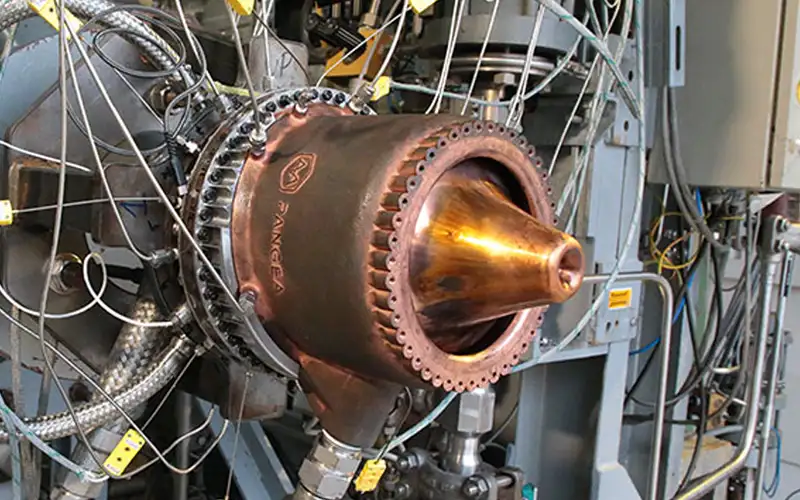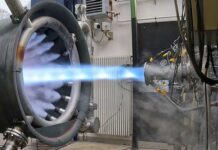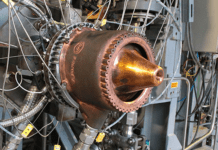
A consortium that includes Pangea Aerospace has secured €7.27 million in funding from the Spanish government to complete the development of its ARCOS aerospike engine.
In May 2024, Spain’s Ministry of Science, Innovation, and Universities published a call for proposals aimed at providing €70 million in funding to projects pursuing the maturation of disruptive space technology. The Space Technology Programme (PTE) 2024 call was managed by the Centre for the Development of Industrial Technology (CDTI) and funded through the country’s Strategic Projects for Economic Recovery and Transformation (PERTE) Aerospace programme.
On 9 April, CDTI announced that it had awarded PTE 2024 grants to 24 individual projects, totalling €70 million. An initiative led by Indra Sistemas to develop technology for the mass production of payloads and satellite buses received the largest share of the funding, securing €12.7 million. The second-largest grant, worth €7.27 million, was awarded to the ITP Aero-led MERLIn (Efficient and Reusable Engine for International Launchers) project consortium, which includes Pangea Aerospace. The €7.27 million will, however, not fully cover the full project cost, which is estimated at €11.6 million. The difference will be made up by the consortium partners.
The MERLIn project will be focused on the development, manufacturing, and testing of the Pangea Aerospace ARCOS aerospike engine. According to the company, ARCOS will be capable of producing 750 kN of thrust and is designed for use aboard the upper stage of medium and heavy launch vehicles. In addition to offering “improved performance,” the engine will enable the “re-entry and reuse of upper stages,” a capability that it says “only SpaceX has achieved to date.” However, while SpaceX has managed the re-entry of its Starship upper stage, it has not yet achieved the reuse of one.
ITP Aero leads the MERLIn project consortium, contributing its “global leadership in propulsion systems.” Sener will provide the thrust vector control system, while Aenium Engineering will supply advanced materials and additive manufacturing. Pangea Aerospace will handle the complete development of the engine, from design to testing, and will receive €3.9 million of the total €7.27 million grant, the largest share among the partners.



